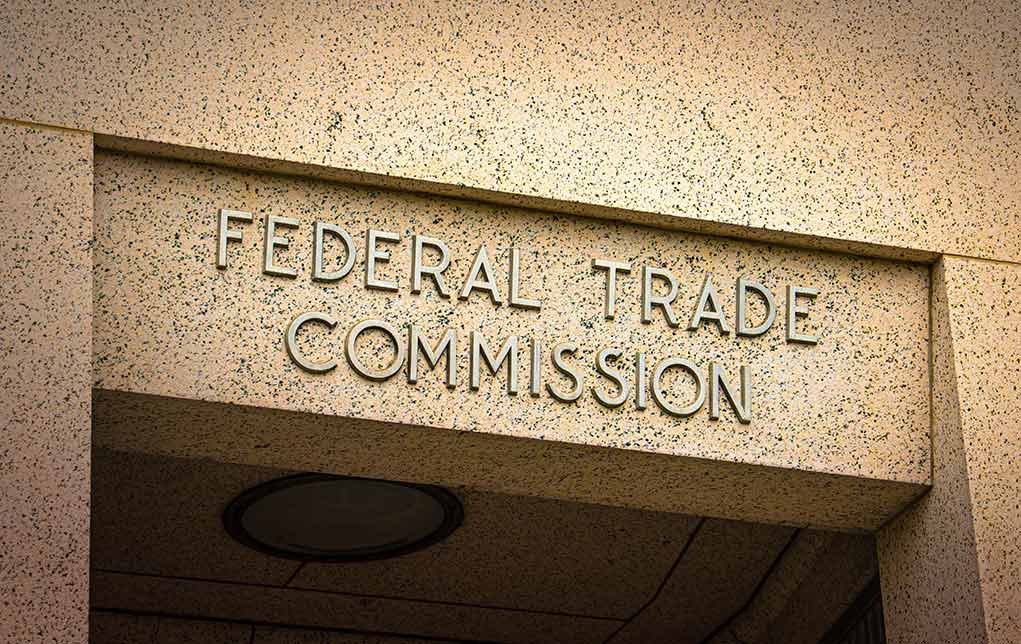
The Federal Trade Commission has launched a lawsuit against Uber over its Uber One subscription service, sparking intense debate over corporate responsibility and customer rights.
Key Takeaways
- The FTC has accused Uber of deceptive billing practices related to the Uber One subscription service.
- Allegations include signing up customers without consent and complicating the cancellation process.
- The FTC claims Uber promised savings that didn’t account for subscription costs.
- Uber disputes the claims, asserting their processes are clear and lawful.
- The lawsuit was filed in the US District Court for the Northern District of California.
FTC’s Allegations
The Federal Trade Commission filed a lawsuit accusing Uber of enrolling customers in its Uber One subscription service without obtaining clear consent. Allegations include deceptive billing practices and creating hurdles for subscribers trying to cancel their memberships, despite claims that cancellations could be processed easily. The FTC contends that Uber charged consumers before free trial periods ended and disregarded promised savings that did not account for the subscription cost. These actions, according to the FTC, violate the FTC Act and the Restore Online Shoppers’ Confidence Act (ROSCA).
The complaint was filed in the US District Court for the Northern District of California, seeking a permanent injunction to prevent future violations and to obtain monetary and other relief. The FTC Chairman Andrew Ferguson stated, “The Trump-Vance FTC is fighting back on behalf of the American people. Today, we’re alleging that Uber not only deceived consumers about their subscriptions, but also made it unreasonably difficult for customers to cancel.” This lawsuit is reportedly the first action against a major US tech company under Trump’s current administration.
FTC takes action against Uber for deceptive billing and cancellation practices: https://t.co/RqVEPvn5TV /1
— FTC (@FTC) April 21, 2025
Uber’s Defense
Uber responded to the lawsuit by asserting their processes are clear and lawful, with cancellations now quickly processed through their app. An Uber spokesperson stated, “Uber does not sign up or charge consumers without their consent, and cancellations can now be done anytime in-app and take most people about 20 seconds or less.” Moreover, Uber expressed disappointment with the FTC for proceeding without a full investigation, suggesting the complaint is founded on misunderstandings.
Uber maintains that it does not sign up users without consent and has emphasized the rapid growth of Uber One since its inception. CEO Dara Khosrowshahi highlighted a significant membership growth, noting 5 million new members in a quarter, bringing the total to 30 million.
Impact and Consumer Reactions
The lawsuit brings attention to growing concerns among consumers about subscription practices. Many consumers reported charges despite attempts to cancel, with the FTC alleging that up to 23 screens and 32 actions were involved in some cancellations. Uber insists these requirements have since been removed, permitting easier cancellation within the app. Regardless, the FTC claims there are still barriers preventing timely cessation prior to new billing cycles. This action illustrates the ongoing tensions over consumer protection in technology and subscription-based services.
The outcome of this case could establish significant precedents for future business practices within the tech industry and customer rights in digital platforms. As the trial progresses, both parties continue to defend their positions, awaiting the judiciary’s assessment of the unfolding situation.
Sources
- FTC Takes Action Against Uber for Deceptive Billing and Cancellation Practices
- FTC hits Uber with lawsuit over billing for Uber One
- US FTC sues Uber, alleging deceptive subscription practices




